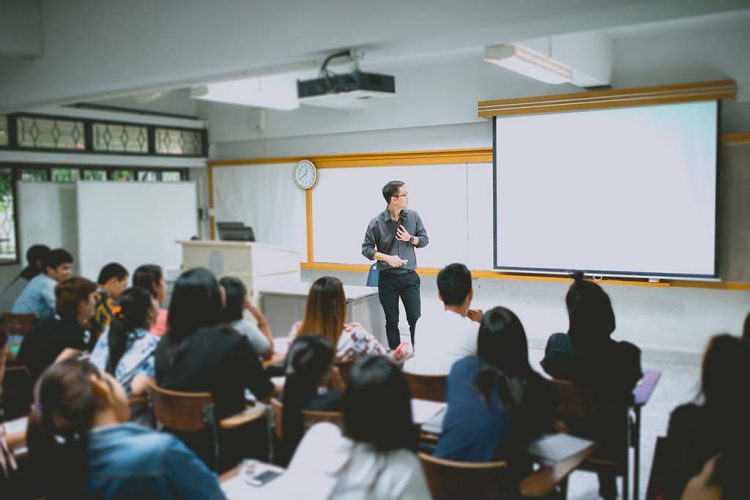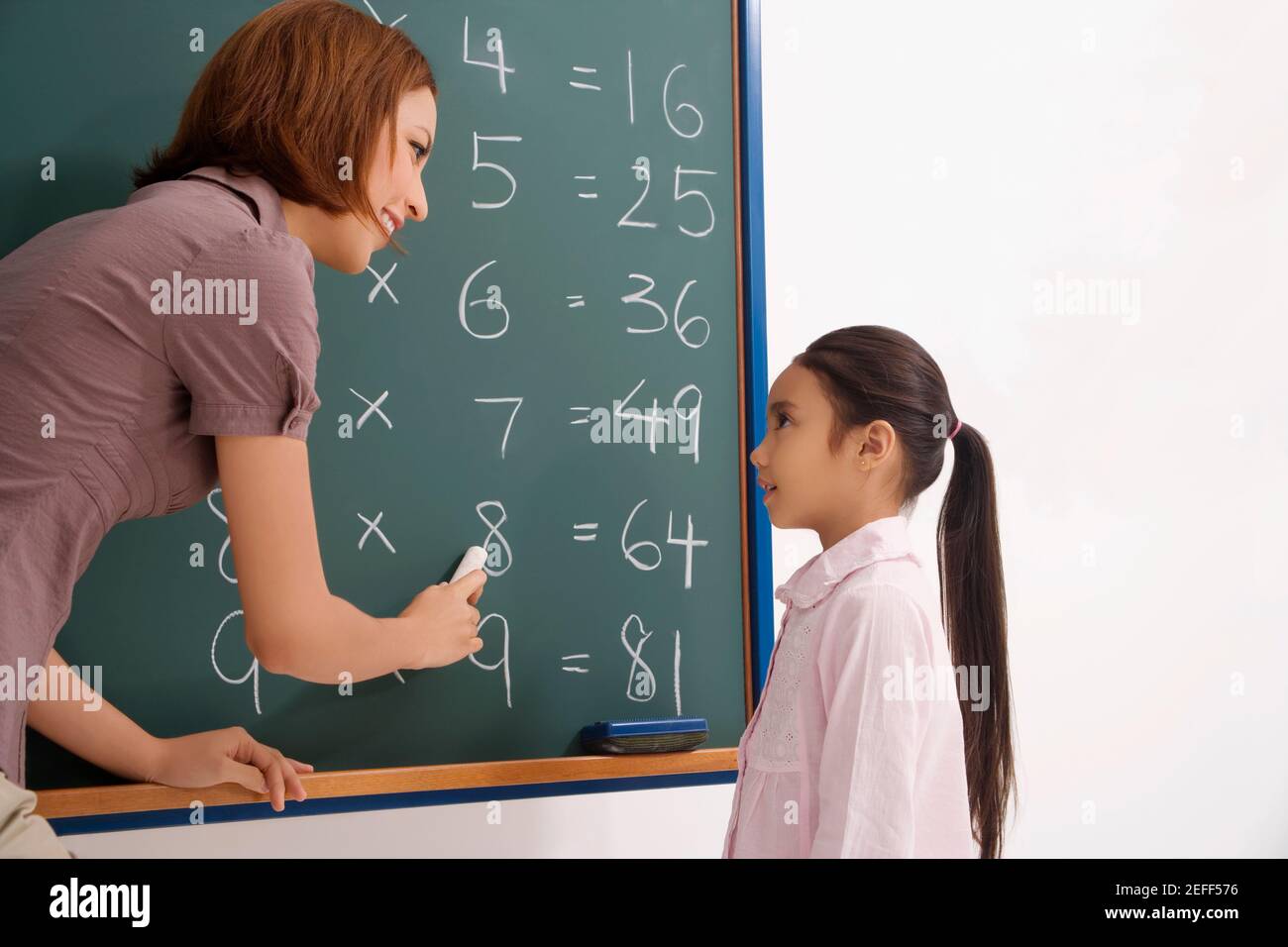Affordable Primary Science Tuition Singapore for All Learning Needs
Affordable Primary Science Tuition Singapore for All Learning Needs
Blog Article
Checking Out the Different Mentor Techniques in Main Science Education Today
Inquiry-based knowing, hands-on experiments, and the integration of modern technology are redefining exactly how educators involve young minds. Additionally, collective strategies and set apart direction are being used to cater to the varied requirements of students, boosting both interaction and understanding.
Inquiry-Based Learning
Inquiry-Based Discovering (IBL) is a pedagogical strategy that motivates pupils to check out clinical ideas through wondering about, examination, and hands-on trial and error. This technique highlights the duty of students as active individuals in their learning, promoting essential thinking and analytical abilities. By involving with real-world concerns, trainees become interested and motivated, which enhances their understanding of scientific principles.
In IBL, educators act as facilitators, assisting pupils as they browse their questions instead than supplying details straight. This student-centered technique permits for distinction, suiting numerous finding out designs and rates. Pupils create abilities in creating theories, creating experiments, and examining information, which are crucial for clinical proficiency.
In addition, IBL promotes partnership among students, urging them to share concepts and findings. This cumulative query promotes social skills and a feeling of area within the classroom. Additionally, the process of inquiry encourages strength, as pupils discover to embrace failing as a tipping stone toward understanding.
Hands-On Experiments
Hands-on experiments are a vital component of efficient scientific research education, complementing the principles of inquiry-based understanding. These experiments enable trainees to engage directly with scientific ideas, fostering a much deeper understanding through experiential discovering. By adjusting products and observing outcomes, young learners can comprehend abstract concepts in concrete ways.
Such tasks promote vital reasoning and analytical abilities, as trainees assume outcomes, conduct experiments, and examine results. This process urges them to ask questions, improve their understanding, and develop a scientific state of mind. Hands-on experiments can be customized to diverse discovering designs, guaranteeing that all trainees have the possibility to involve meaningfully with the content.
Additionally, hands-on experiments usually encourage partnership among peers, promoting team effort and interaction abilities. Functioning in teams enables students to share ideas, talk about findings, and pick up from one another, which improves their general educational experience.
Integrating hands-on experiments right into the primary scientific research educational program not only enhances the finding out atmosphere however also grows a long-lasting passion in scientific research. By proactively taking part in their education and learning, pupils are most likely to create an interest for clinical query that extends past the class.

Technology Integration
Integrating technology into primary science education has become progressively necessary in fostering student engagement and enhancing finding out results. The usage of digital devices, such as interactive simulations, online laboratories, and instructional software application, supplies pupils with opportunities to check out scientific ideas in innovative ways. These sources promote a deeper understanding of complicated subjects by permitting learners to visualize and manipulate variables that would be impractical in a typical class setup.
Furthermore, innovation integration urges customized finding out experiences. Trainees can progress at their very own pace, taking another look at challenging principles with multimedia sources, which deal with various discovering styles. This flexibility not only sustains individual development however additionally grows a sense of autonomy in students.
Additionally, modern technology acts as a bridge to real-world science, my link attaching pupils with existing study and professional contributions. Accessibility to on-line data sources and scientific journals broadens trainees' perspectives on clinical query and fosters critical assuming skills.
Collaborative Learning
Collective learning plays an important function in primary science education by promoting teamwork and communication abilities amongst trainees. This approach motivates learners to interact, share knowledge, and participate in analytical, which improves their understanding of scientific ideas. By participating in team activities, students learn to verbalize their ideas, pay attention to diverse perspectives, and discuss services, all of which are essential abilities in both scholastic and real-world contexts.

Research suggests that joint knowing can lead to boosted motivation and involvement in science topics, as trainees find pleasure in shared experiences (primary science tuition Singapore). In addition, this technique prepares trainees for future collaborative undertakings, equipping them with the skills necessary for effective team effort in greater education and expert atmospheres. Inevitably, embracing collective discovering in key science education can dramatically enrich the knowing experience and promote a deeper understanding of scientific query
Set Apart Instruction

Separated direction can materialize in different methods, such as varying the material, processes, or products of knowing. Educators may make use of tiered tasks that provide varying degrees of complexity, allowing pupils to function at their particular readiness address degrees. Furthermore, flexible organizing methods can help with cooperation among students with various abilities, cultivating peer understanding.
Evaluation plays a vital role in this strategy, as it notifies get redirected here guideline and assists educators comprehend each student's special needs. Developmental assessments, such as monitorings and quizzes, can direct educators in changing their approaches to enhance finding out outcomes. primary science tuition Singapore. Eventually, by implementing set apart direction in key science education, instructors can cultivate a much more fair and effective knowing setting, empowering all students to reach their complete possibility in understanding scientific sensations
Verdict
In summary, the diverse mentor strategies in primary science education, consisting of inquiry-based understanding, hands-on experiments, technology combination, joint learning, and distinguished direction, jointly add to an extra effective knowing atmosphere. These techniques advertise essential reasoning, analytic abilities, and a much deeper understanding of clinical principles. By applying these strategies, educators can create engaging and encouraging class that attend to the different requirements of trainees, ultimately fostering a long-lasting passion in scientific research and improving academic achievement.
Inquiry-Based Learning (IBL) is a pedagogical strategy that urges pupils to discover scientific concepts via wondering about, examination, and hands-on experimentation.Collaborative understanding plays a crucial function in primary scientific research education by fostering synergy and communication skills amongst students.Study suggests that collaborative understanding can lead to boosted motivation and involvement in science topics, as trainees find satisfaction in shared experiences.In cultivating an inclusive understanding atmosphere, distinguished guideline emerges as a vital technique to suit the diverse demands and abilities of pupils in primary scientific research education and learning. Eventually, by applying distinguished guideline in primary scientific research education, teachers can grow a more fair and effective discovering setting, empowering all trainees to reach their complete possibility in comprehending clinical sensations.
Report this page